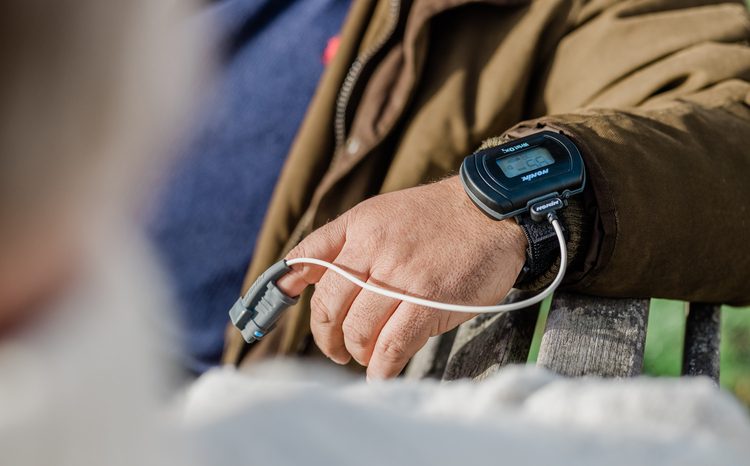Your morning summary of digital health news, information and events to know about if you want to be “in the know”.
 News
News
 The National Institute for Health and Care Research has launched 14 HealthTech Research Centres in leading NHS organisations across England. The centres launched on 1 April 2024, with more than £41 million awarded over five years, to accelerate the development of healthcare technologies to improve the effectiveness and quality of health and care services.
The National Institute for Health and Care Research has launched 14 HealthTech Research Centres in leading NHS organisations across England. The centres launched on 1 April 2024, with more than £41 million awarded over five years, to accelerate the development of healthcare technologies to improve the effectiveness and quality of health and care services.
 Sunderland City Council, Totalmobile and Boldyn Networks have teamed up to roll out new software to Sunderland Care and Support that will enhance reablement, planned care and telecare services in the region. According to a press release, the software will increase operational capacity, improve access to services for residents and support caregivers to provide a better service to a greater number of individuals each day.
Sunderland City Council, Totalmobile and Boldyn Networks have teamed up to roll out new software to Sunderland Care and Support that will enhance reablement, planned care and telecare services in the region. According to a press release, the software will increase operational capacity, improve access to services for residents and support caregivers to provide a better service to a greater number of individuals each day.
 The University of Sheffield has won a global ‘Made with patients’ award, for the development of Cognospeak, a digital system that uses AI and speech and language analysis to detect dementia at an early stage. According to a press release, the award was given in recognition of their collaborative work with ethnic minority groups to ensure accuracy of the system in detecting cognitive decline in people who do not have English as their first language.
The University of Sheffield has won a global ‘Made with patients’ award, for the development of Cognospeak, a digital system that uses AI and speech and language analysis to detect dementia at an early stage. According to a press release, the award was given in recognition of their collaborative work with ethnic minority groups to ensure accuracy of the system in detecting cognitive decline in people who do not have English as their first language.
 An AI-powered meal tracking app launched on 1 July, which lists the ingredients and nutrition in photographs of food which its users post. The developers of Fueld say that it removes the need for manual food tracking.
An AI-powered meal tracking app launched on 1 July, which lists the ingredients and nutrition in photographs of food which its users post. The developers of Fueld say that it removes the need for manual food tracking.
 Everon UK and Siemens Leasing have announced a strategic partnership that will help clients spread the cost of tech-enabled care solutions. According to a press release, the partnership will result in flexible payment options for health, housing and social care providers, including NHS integrated care boards.
Everon UK and Siemens Leasing have announced a strategic partnership that will help clients spread the cost of tech-enabled care solutions. According to a press release, the partnership will result in flexible payment options for health, housing and social care providers, including NHS integrated care boards.
 Did you know?
Did you know?
A study of frontline healthcare workers in the UK by business mobility solution provider SOTI found that almost half are already using AI and more are considering implementing it.
The report, ‘Code Digital: will healthcare thrive or survive‘, published in June 2024, found that despite this appropriate cyber security practices are still not in place and seven in 10 health workers admit to their organisations experiencing one or more data breaches since 2022.
It also found that data security is a growing concern with 33% of UK healthcare professionals now citing it as their primary worry, compared to the global average of 23%.
SOTI’s research, which took place between 7 March 2024 and 25 March 2024, included 200 IT decision-makers from across the UK.
 What we’re reading
What we’re reading
The Institute for Scientific Information at Clarivate’s report ‘Research Impact in Society and the Economy: the digital health revolution in medical care’, published in June 2024, explores how university research is shaping intellectual property advancements and the current strategic landscape of digital health innovation.
A review of academic literature noted that papers in the sub-field of AI and advanced analytics have seen the greatest growth over the past decade, underscoring a growing interest in AI to revolutionise the digital health sector.
 Upcoming events
Upcoming events
18 July, WHO online event – Enhancing cybersecurity in health: protecting digital health information systems















